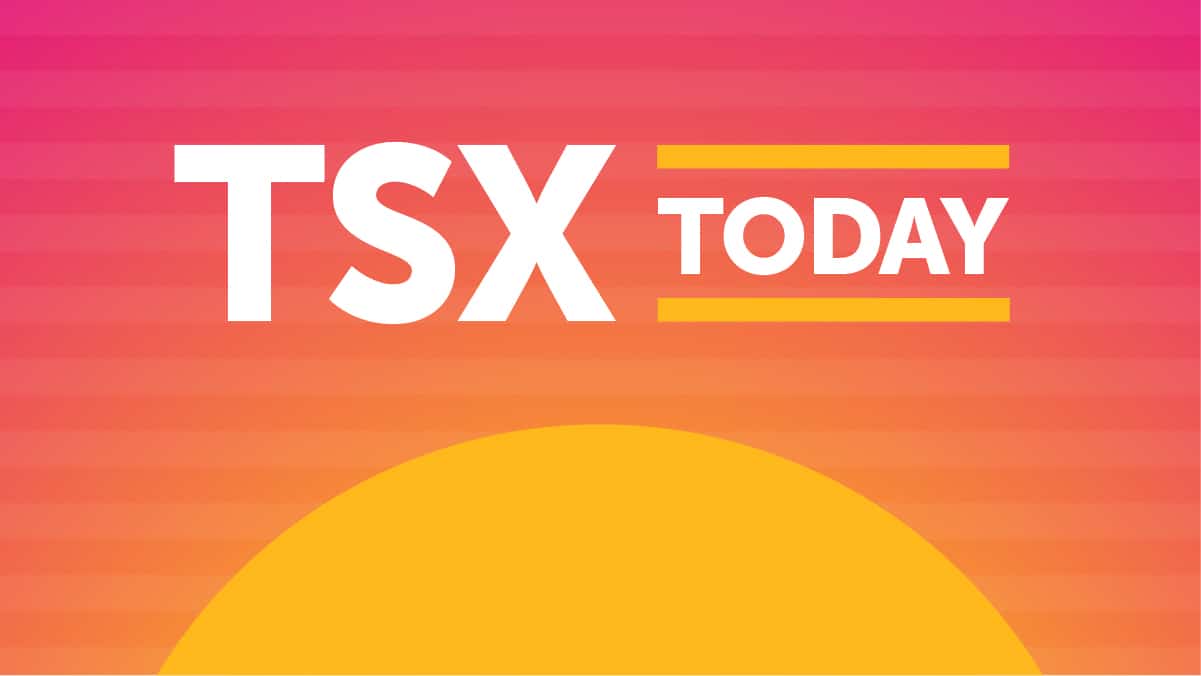All major indices south of the border are trending lower in early market trading on Tuesday, as investors are awaiting the inflation report for March. At the time of writing, the S&P 500 is down by 0.22%, while the Dow Jones and Nasdaq Composite indices have fallen by 0.23% and 0.11% respectively.
On Monday, all the indices were trading in the red, as investors remain wary of inflation and a hawkish outlook by the federal reserve. Further, the 10-year Treasury yield surpassed 2.80% for the first time in three years, as central banks are focused on reducing the balance sheet and increasing interest rates to combat inflation, which is at 40-year highs.
Economists believe central banks in the U.S. and Canada will increase interest rates several times in 2022, which should negatively impact equity markets. Further, lockdown measures imposed in multiple Chinese provinces will exacerbate supply chain disruptions, driving product prices higher.
We can see why investors are looking to park their funds in safe-haven assets, as equities will remain volatile for the rest of 2022.
CPI numbers expected to peak in March
The consumer price index (CPI) data for March is expected to indicate an 8.4% increase in prices, compared to the year-ago period, which is the highest level since December 1981. The increase in the CPI is primarily attributed to an increase in the prices of food, oil, and rent.
In February, the CPI spiked to 7.9%, which was the highest since Q1 of 1982. However, there is a good chance that inflation rates will peak in March before moving lower over the next few months.
In an interview with CNBC, Ed Yardeni, the president of Yardeni Research, explained, “I think by the summer we’ll probably see the CPI inflation rate peaking and then the consumption deflator is going to peak somewhere between 6% and 7% and then come down to maybe 3% to 4% by the second half of the year going into next year.”
The Bank of Canada will also increase interest rates
Canada added 337,000 jobs in March, lowering the unemployment rate to 5.5%, which is near the record low of 5.4% recorded in May 2019. The robust employment numbers will warrant a liberal tightening policy, resulting in interest rate hikes from the Bank of Canada.
Will Shopify stock gain momentum this week?
While most tech stocks declined on Monday, shares of Canadian e-commerce giant Shopify (TSX:SHOP)(NYSE:SHOP) rose by 2.9% to close trading at $780. Shopify provided an update to its governance structure, which it believes will support the company’s long-term growth. Yesterday, Shopify explained it will create a founder share to ensure CEO Tobi Lütke controls 40% of the total voting power.
Further, Shopify also announced its board of directors approved a 10-for-1 stock split, which should increase liquidity and make it more accessible to retail investors.
Shopify stock is currently trading 64% below all-time highs. Despite the recent pullback, it has returned 2,400% to investors since its initial public offering seven years back, making it one of the top-performing stocks on the TSX.








